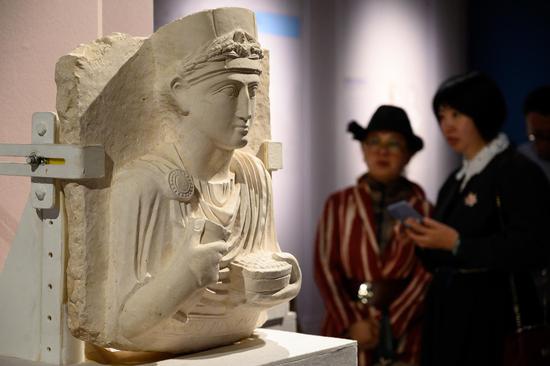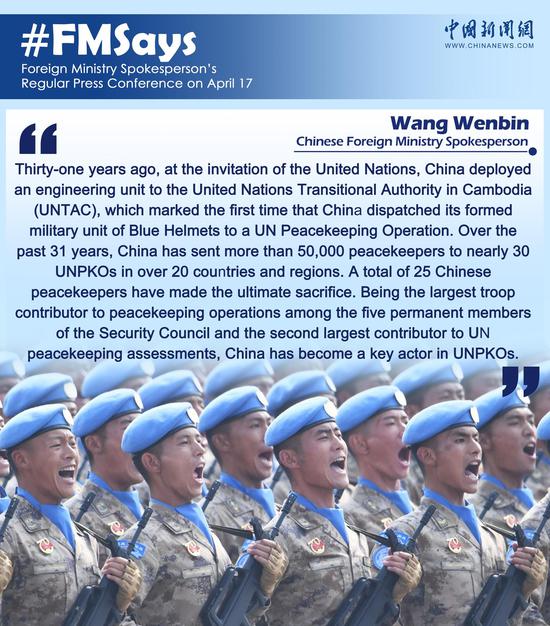More than 100 people, primarily Chinese Americans and Chinese residing in Florida, appeared at the Florida House of Representatives in Tallahassee to testify against a specific section of a bill that would prohibit both Chinese entities and individual citizens domiciled in China from buying any real property in the state.
Two weeks ago, the Florida Senate unanimously passed bill SB 246, which has the same restrictions. Both bills (HB 1335 in the House) ban seven countries of concern, including China, from purchasing farmland and other infrastructure.
However, of the seven targeted countries, Chinese citizens alone are singled out in both bills to be excluded from acquiring any real estate in the state. It requires buyers to provide an affidavit that they are not agent of a China entity or a citizen domiciled in China at the time of purchase.
Violators, including sellers, agents and buyers will be subject to felony charges and punishment. Property bought in violation would be forfeited.
Jack Lu, a resident of Orlando, told the Florida House State Affairs Committee that the bill "assumes that all Chinese people are hostile and cannot be trusted". Recalling Japanese people being put in internment camps in the US during World War II, Lu said that if the bill passes, "I will live in terror."
A woman named Fannie told the committee that as a business owner who has created more than 100 jobs for the local community, she will move out of Florida due to safety concerns if the bill passes.
Fannie told of an experience during COVID-19 tensions, in her own restaurant. A customer yelled at her to "go back to China".
"If this passes, we will hear that more often," said Fannie.
Victoria Li said she is in college and on the path to becoming a US citizen.
"My concern is this bill affects people like me who want to own a home. This (bill) is a kind of discrimination. We are scared, we are terrified, we have American dreams. That's why at my age I am still going to school," Li said, her voice full of emotion.
A man named Ping said the bill targets a specific ethnic group.
"We trust immigrants serving in the military; we trust immigrants doing critical research in universities; and we trust immigrants to cook General Tso's chicken and shrimp fried rice, but we do not trust them to own a home. If you love America, if you love democracy, do not vote for this bill because this is not American at all."
David Matthews, retired from the Defense Department and State Department, who worked as a consultant in Asia for many years, asked the lawmakers to consider two issues.
First is the definition of a foreign principal in sections concerning Chinese citizens. He said that means "everyone in China is under that definition. It's overly broad, it's wrong."
Second, Matthews said that the State Department issues 10-year visas to Chinese citizens. "The State Department does do due diligence to make sure these folks are clean before they ever come over and buy property in Florida," he said.
Slater Bayliss, representing the Atlantic American Fund, an EB-5 visa program, told the committee that the company's investment comes from foreign nationals all around the world. Although US citizens control the fund, "by broad reading of this bill, those investments will no longer be allowed in Florida".
A realtor by the surname Li said that "this law will have a far-reaching impact on the Florida economy that goes way beyond the Chinese community" because her colleagues with clients from Canada, Brazil, Colombia and elsewhere have told her that "their clients have genuine fear that this legislation could one day expand to affect them".
Despite the fact that more than 90 percent of people at the hearing spoke against the bill, the State Affairs Committee passed the bill by a 16-4 vote for eventual consideration by the full House.
Some lawmakers spoke against the bill.
Representative Anna Eskamani told the people who testified: "As an Iranian American, your story is my story. I understand what it's like to be targeted. We saw that with the Muslim ban several years ago. I will be voting no today."
Representative Felicia Robinson said at first sight she was supporting the bill due to national security concerns. However, "as an African American woman, I know that discrimination is real and still prevalent here; we are still working through it. It's very hard for me to support this bill at this time," she said.
The testimonies did lead some of the lawmakers to consider revising the bill.
Representative Joe Casello, a co-sponsor of the bill, admitted that the measure in its current form would have "a lot of collateral damage" and said he thinks that "it can be improved; hopefully, it will be."
A petition against HB 1355 and SB 236 to "End AAPI Hate and Discrimination in Florida" was created a few days ago on Change.org and has received more than 11,000 supporters so far.
"SB 264/HB 1355 is a brazen modern day Chinese Exclusion Act. Can't believe this is happening in 21st Century and in a so-called 'free' state," wrote Steve Yang.
"Hate is a byproduct of fear and paranoia," wrote another supporter named Letha Marshall. "It [is] a form of scapegoating that the Nazis used to come to power and the same playbook many state legislators are playing to give them self-importance."


















































 京公网安备 11010202009201号
京公网安备 11010202009201号